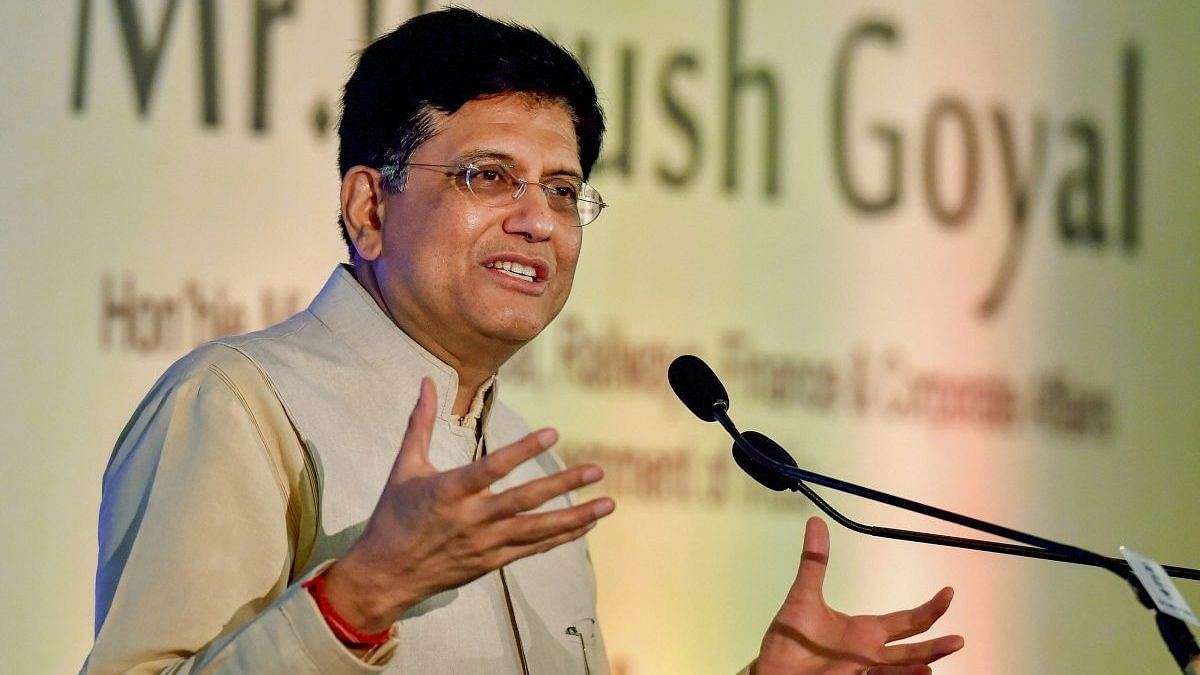India seeks safeguards for its workers under Oman’s labour quota policy as FTA negotiations reach final stretch
The India-Oman free trade agreement (FTA) negotiations are close to completion, with both sides now focusing on the final sticking point — Oman’s ‘Omanisation’ labour policy. India is urging Muscat to maintain the current employment quota regime for Indian workers, without imposing future restrictions, an official source confirmed, reported business-standard.com.
The Omanisation policy mandates private firms to hire specific percentages of Omani nationals, varying across sectors. India is pushing to preserve current quotas to protect its workforce.
Omanisation, a longstanding national employment policy, aims to reduce foreign dependence by requiring private companies to hire a minimum percentage of Omani citizens. These quotas vary by industry — from 15% to as much as 30% — and are subject to revision. India is concerned that without firm guarantees, future changes could adversely affect its migrant workforce in Oman.
“We are asking that this current regime of Omanisation should remain as is for us and not become more restrictive post-FTA.”
FTA negotiations accelerated after Commerce Minister Piyush Goyal’s visit to Muscat in January.
The Comprehensive Economic Partnership Agreement (CEPA) talks were officially launched in November 2023. Such agreements typically involve slashing or eliminating tariffs on a wide range of traded goods while easing trade in services and encouraging investments.
Oman stands as India’s third-largest export market among the Gulf Cooperation Council (GCC) nations. India already has a CEPA with the UAE, in effect since May 2022.
Bilateral trade between India and Oman reached nearly $9 billion in 2023-24, with petroleum and urea dominating imports.
India’s key imports from Oman include petroleum products, urea, polymers of propylene and ethylene, pet coke, gypsum, chemicals, and iron and steel — with petroleum and urea accounting for over 70% of the total.











